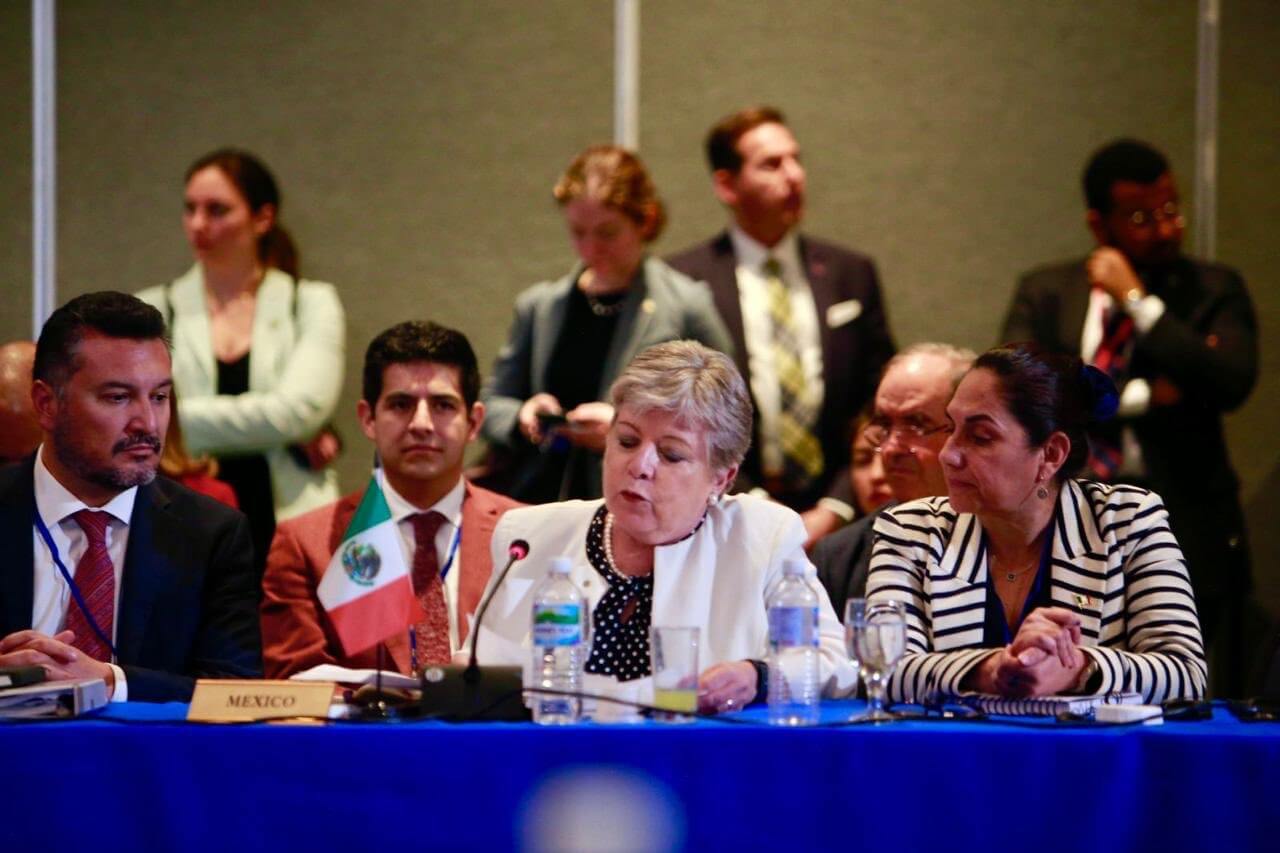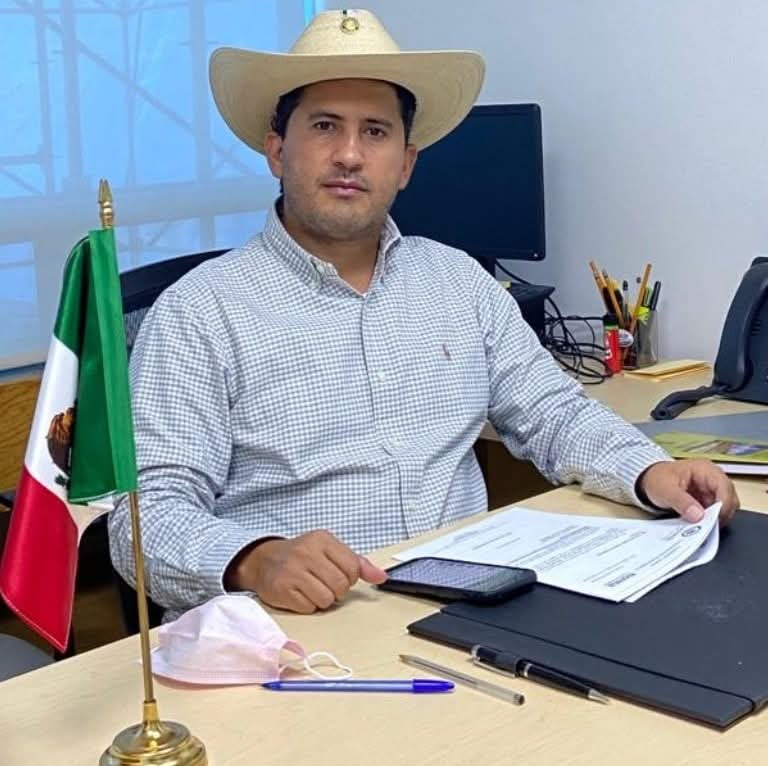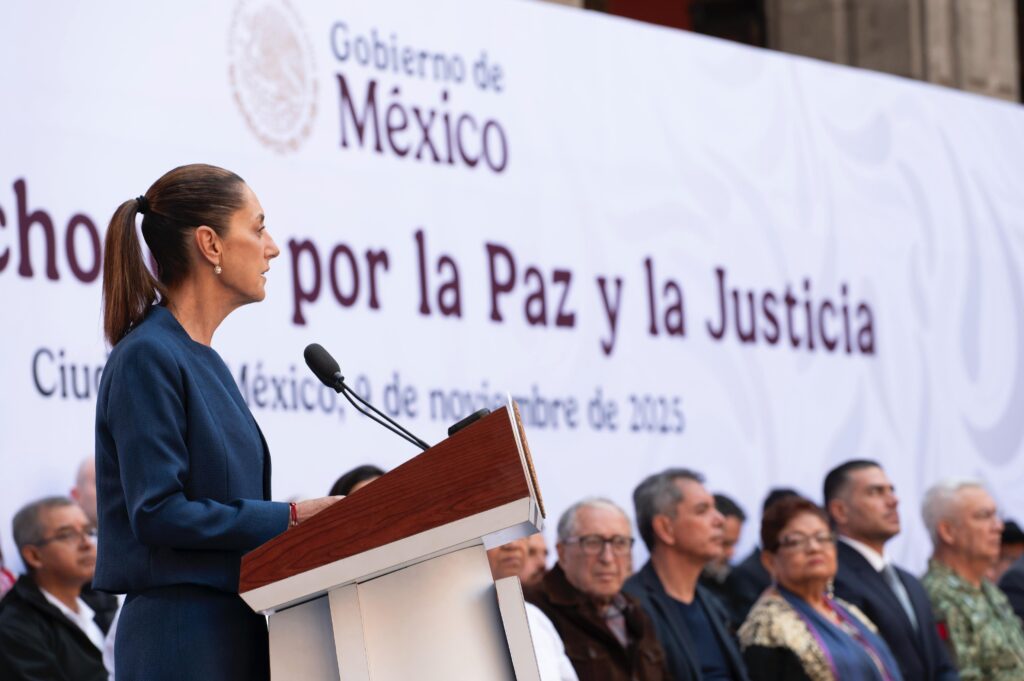Mexico City, Mexico — Mexico filed an amicus curiae — or friend-of-the-court brief — with the Fifth Circuit of the United States Court of Appeals on Thursday in response to Texas SB 4, Republican Governor of Texas Greg Abbott’s measure that empowers Texas law enforcement to arrest people suspected of illegally crossing the U.S.-Mexico border.
SB 4 was blocked on Tuesday by the Fifth Circuit Court of Appeals in New Orleans, Louisiana after the U.S. Supreme Court had earlier that day allowed it to go into effect.
The law, which would make illegally crossing the border a Class B misdemeanor and repeat offenses a second-degree felony carrying a two to 20-year prison sentence, is currently blocked while the appeals court hears the case.
Even so, on Thursday, Foreign Minister Alicia Bárcena announced that the government filed an appeal to the U.S. court to stop the law from being enacted.
“The voice of Mexico is heard loud and clear,” the minister wrote on her X account. “In the face of discrimination and xenophobia, we do not stand idly by; we seek respect for human rights. Today, we file an amicus curiae brief with our arguments on the anti-immigrant and unconstitutional Texas SB4 law.”
Via the amicus curiae, Mexico can file an injunction in U.S. courts as a third party. Bárcena clarified that an appeals court hearing will be held on April 3, at which time a final decision will be made as to whether the law will go into effect in Texas.
Bárcena also said that Mexican consulates in the U.S. are prepared to assist and protect Mexican nationals in Texas in the face of the upcoming law.
“We are going to protect our nationals first and foremost,” she said. “We have 11 consulates in Texas that have precise instructions to provide protection, support, and guidance in case they face any problem, and for this, we have made available a legal support system; anyone who starts to have any problem, we are there.”
Retaliatory actions against migrants in Texas
With 1,254 miles of shared border with Mexico, Texas is one of the main access points for migrants into the U.S. Recent research shows up to 1.6 million undocumented immigrants live in Texas, second only to California, which is home to the largest immigrant population in the U.S.
Moreover, much of the U.S.’s native-born population views migratory inflows negatively. According to a Pew Research Center survey in January 2024, up to 80% of Americans view migrants seeking to live in the U.S. as unfavorable, most labeling immigration as a “crisis.”
With migratory inflows in the U.S. breaking all historical records, with Borders and Customs Patrol offices reporting 250,000 migrant encounters by December 2023, some U.S. officials have launched more aggressive action to hamper immigration.

Texas Governor Abbott has launched several actions, many of them stopped by the Supreme Court, to detain migrants. His administration has erected razor wire along the border as well as floating buoys inside the Rio Grande river, which have resulted in the deaths of migrants.
In addition, instances where the National Guard has fired on refugee claimants at the border have also been reported.
As part of his crusade to deter migration, the Republican leader launched the SB 4 Act, which has been condemned as racist and in violation of human rights by different institutions, including Texas’ Democratic party.
According to the Mexican government, around 26% of Texas’s population is Mexican or of Mexican origin, or more than 37 million people, and as reported by Foreign Minister Bárcena, Mexican laborers contribute USD $324 million annually to the U.S. economy.










